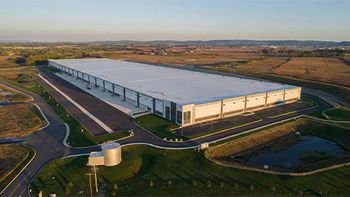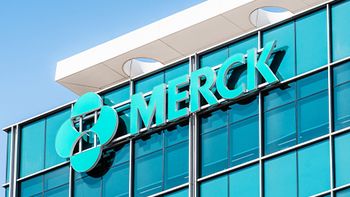
Abbott bets on medical devices with $25-billion acquisition of St. Jude Medical
Better access to hospital systems is a goal; pharmaceutical business is fading
The bid by Abbott to expand its portfolio in medical devices, especially the cardiovascular field that St. Jude Medical concentrates in, reinforces the concept of Abbott as a portfolio play in healthcare, with a growing concentration in medical devices and, by default, a declining one in pharmaceuticals. In analyst conference calls on April 28, the day after the deal was announced, Abbott CEO Miles White noted that the combined company will position it better in contract negotiations with health systems (which have been rapidly consolidating themselves); and in that regard it’s also positioning itself more firmly against device competitors Medtronic and Boston Scientific. (Medtronic did its own mega-deal in 2014, buying Covidien for $42.9 billion.)
In its announcement, Abbott said that it would now have an $8.7-billion business in cardiovascular therapies when the two companies’ assets are combined, and sees a $30-billion market opportunity there (which led to some speculation in financial circles that that business might be spun out at some later date). Interestingly, as recently as Abbott’s
Over recent years, Abbott’s presence in pharmaceuticals has diminished. The biggest divestiture was the spinout of AbbVie in 2013, which has gone on to become a $22.8-billion company in 2015 (and has announced its own $5.8-billion acquisition, of oncology drug developer Stemcentrx, the same day as the Abbott announcement). In 2015, Abbott sold its “developed markets” pharma business to Mylan, while retaining pharma interests in emerging markets (Abbott is, for example, the No. 2 pharma company in India).
Going back farther in time, Abbott had spun out Hospira—the hospital supply and generic-injectables company—in 2004; that was picked up by Pfizer in 2015. For the hospital market, it seems that Abbott has come full circle.
Newsletter
Stay ahead in the life sciences industry with Pharmaceutical Commerce, the latest news, trends, and strategies in drug distribution, commercialization, and market access.




